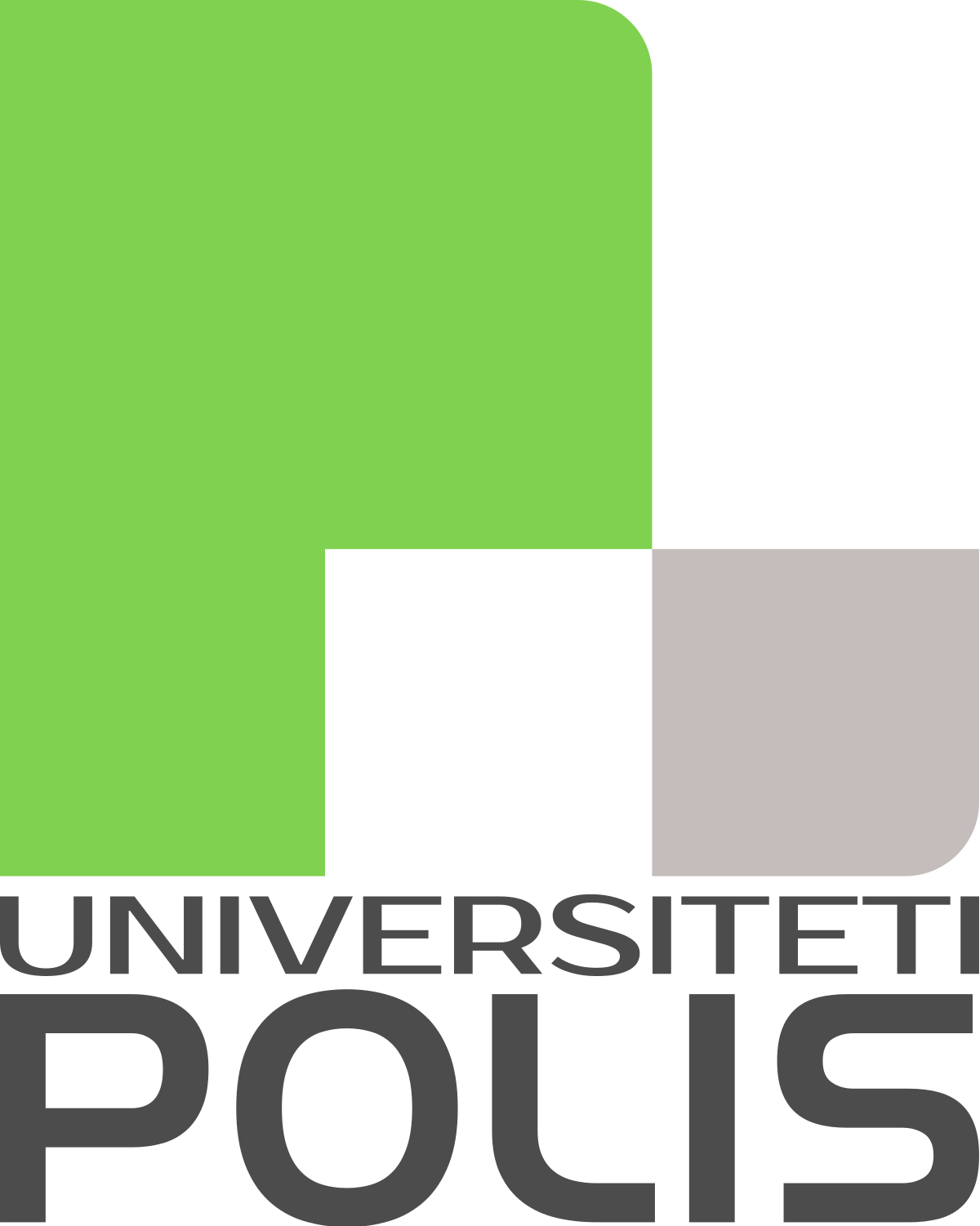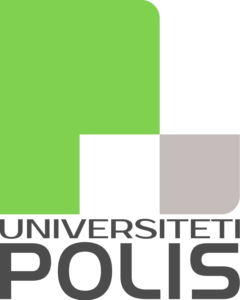Computing Science
2023-04-05 18:35Computing Science
Bachelor in Computer Science (180 ECTC, 3 academic years, full-time)
Professional profile
The purpose of the Bachelor of Study Program in Computer Science is to prepare experts capable of understanding and managing a variety of advanced technologies through which they improve and build systems and applications that help solve today’s problems by sharing skills and knowledge with the community in the field of informatics and information technology.
Formative objectives of the study program:
The Bachelor’s program in Computer Science prepares students to achieve the following career and professional achievements within a few years of graduation, preparing them to be able to:
➢ carry out a successful career in the disciplines of computer science and / or pursue postgraduate studies in this field;
➢ improve their knowledge and skills through lifelong learning and adaptation to emerging markets and technologies;
➢ take leadership positions in order to improve services in this field and also initiate businesses that offer innovative solutions;
➢ to act conscientiously about the potentials and responsibilities of the IT profession in the context of science, technology, society and humanity;
Employment opportunities
Given the spread and development of computer technology in society today, there are many different job opportunities for computer science graduates.
Some of the employment opportunities that the Bachelor in Computer Science program offers are
as follows:
➢ Analyst of software systems, makes it possible to control the flow of information;
➢ Software systems consultant, helps in information processing;
➢ Software engineer, system programmer;
➢ Database analyst, designs and creates programs to collect, store and analyze data from business, government or other institutions;
➢ Artificial intelligence programmer;
➢ Operator and manager of information systems;
➢ System and/or database administrator;
➢ Computer security specialist;
➢ Manager / IT consultant;
➢ Telecommunication specialist and network consultant;
CURRICULUM
Semester I
- Physics (6 credits)
- Mathematical Analysis 1 (6 credits)
- Web Programming (6 credits)
- Academic Writing (3 credits)
- English (3 credits)
- Introduction to Programming (6 credits)
Semester II
- Mathematical Analysis 2 (6 credits)
- Algebra and Geometry (6 credits)
- Probability and Statistics (6 credits)
- Database Design Concepts (6 credits)
- Computer Architecture (6 credits)
Semester III
- Software Engineering (6 credits)
- Data Structures (6 credits)
- Systems Analysis (6 credits)
- Introduction to Telecommunications and Computer Networks (6 credits)
- Operating Systems (6 credits)
Semester IV
- Algorithms and Complexes (6 credits)
- Data Science (6 credits)
- Programming Language – C# (6 credits)
- Computer Networks 1 (6 credits)
- Multimedia Design (6 credits)
Semester V
- Entrepreneurship and Business (6 credits)
- Computer Networks 2 (6 credits)
- Scientific Research Methods (6 credits)
- Artificial Intelligence/(Data Visualization) (6 credits)
- Programming Language – Java (6 credits)
Semester VI
- Web Programming 2 (6 credits)
- App Programming (6 credits)
- Data Management Sistem (6 credits)
- Thesis and Diploma Project (6 credits)
- Professional Internship (6 credits)





